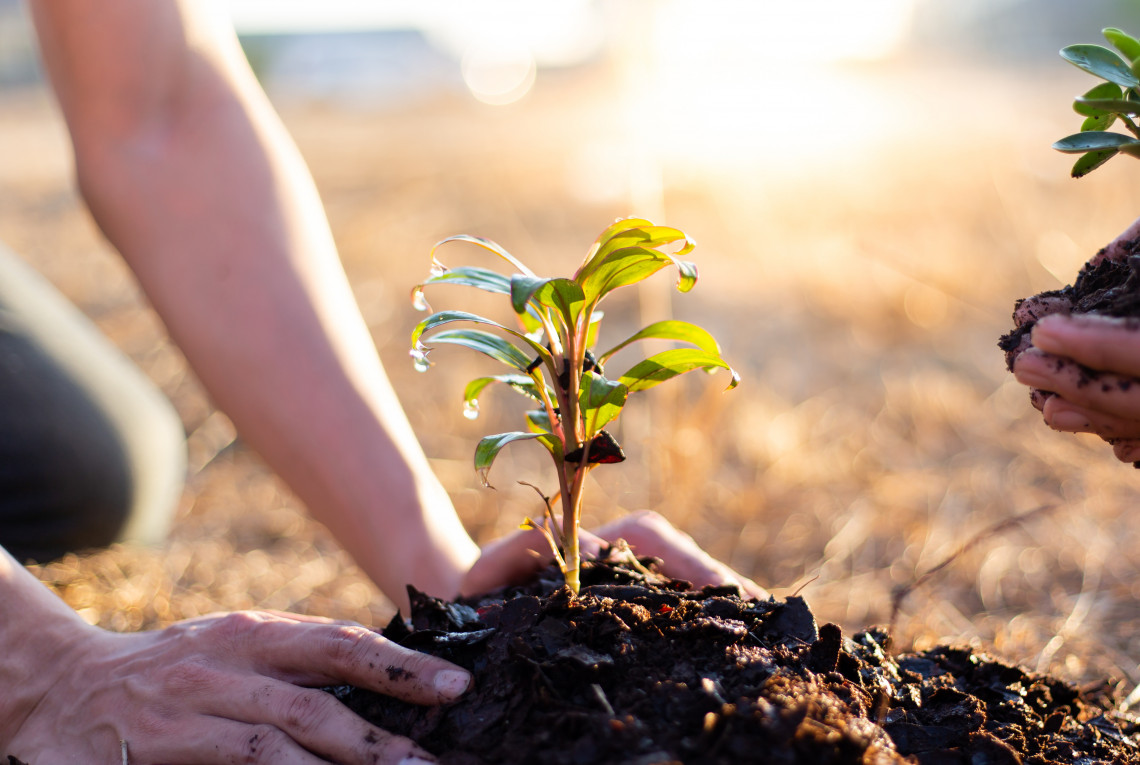
19.12.2024
The new Polarstern: Contract for new German research icebreaker awarded
Good news for the German research fleet, German shipbuilding, and international polar research alike: the new Polarstern will be constructed in Wismar by thyssenkrupp Marine Systems. company…
go to Article




























